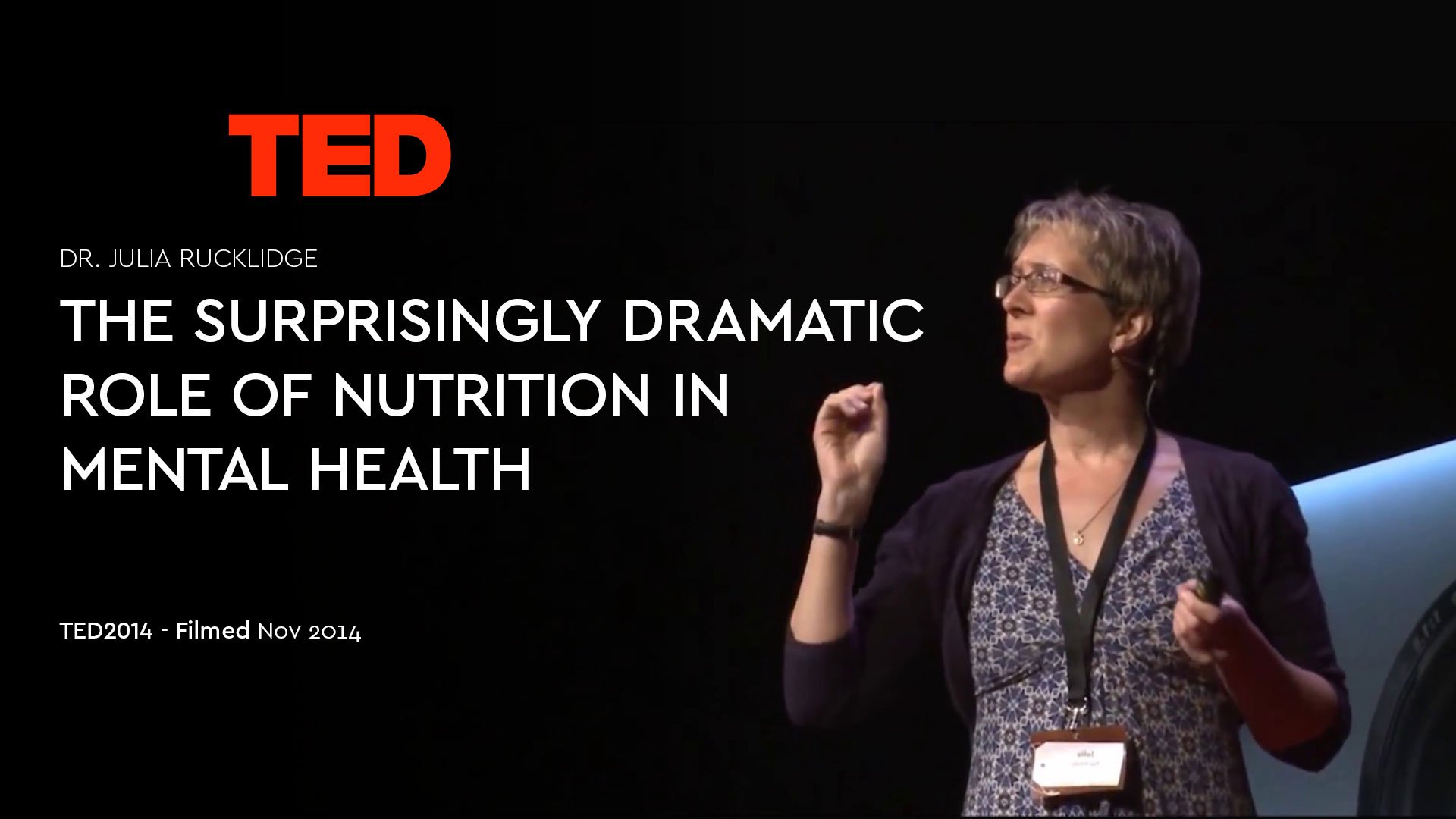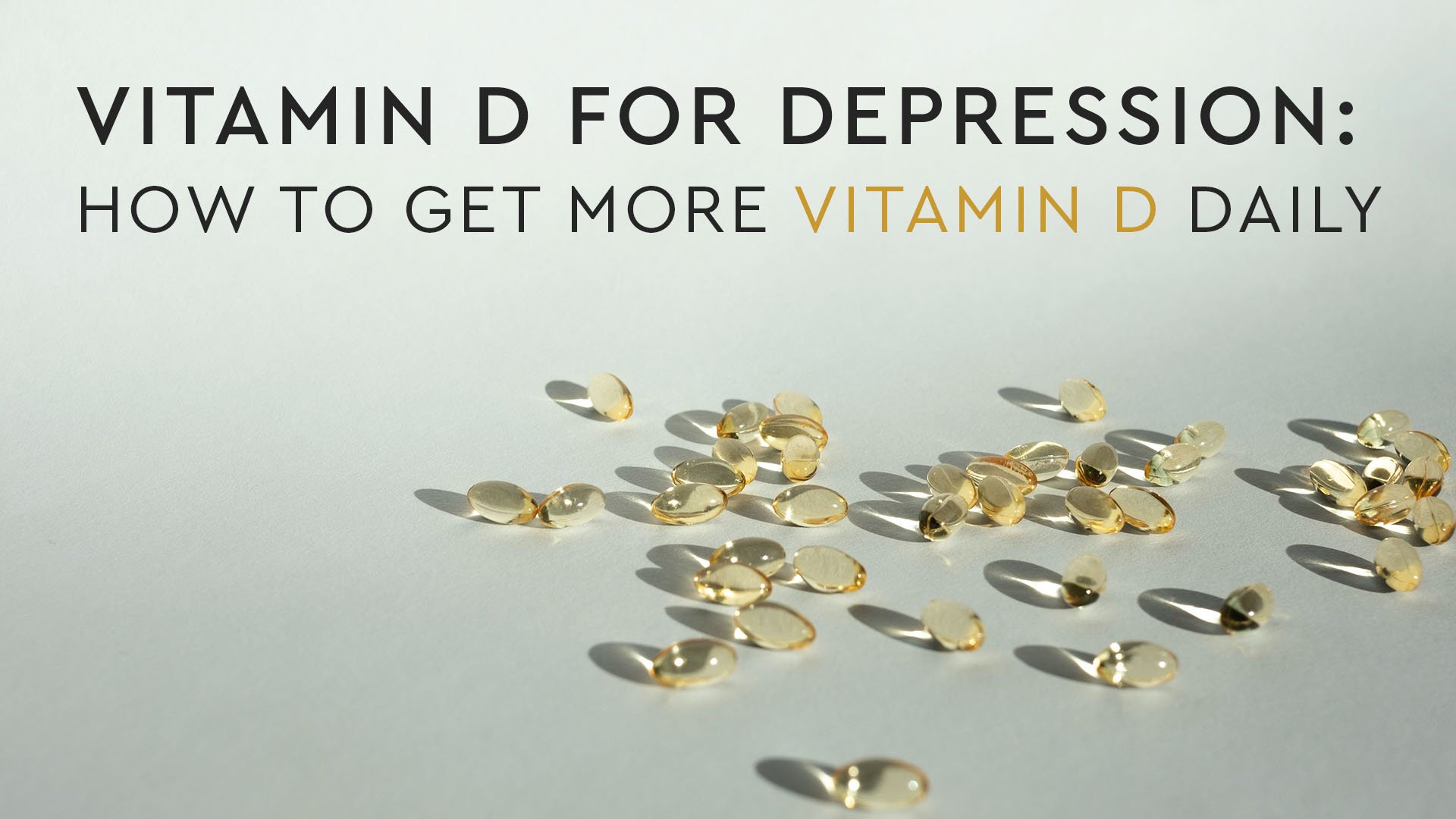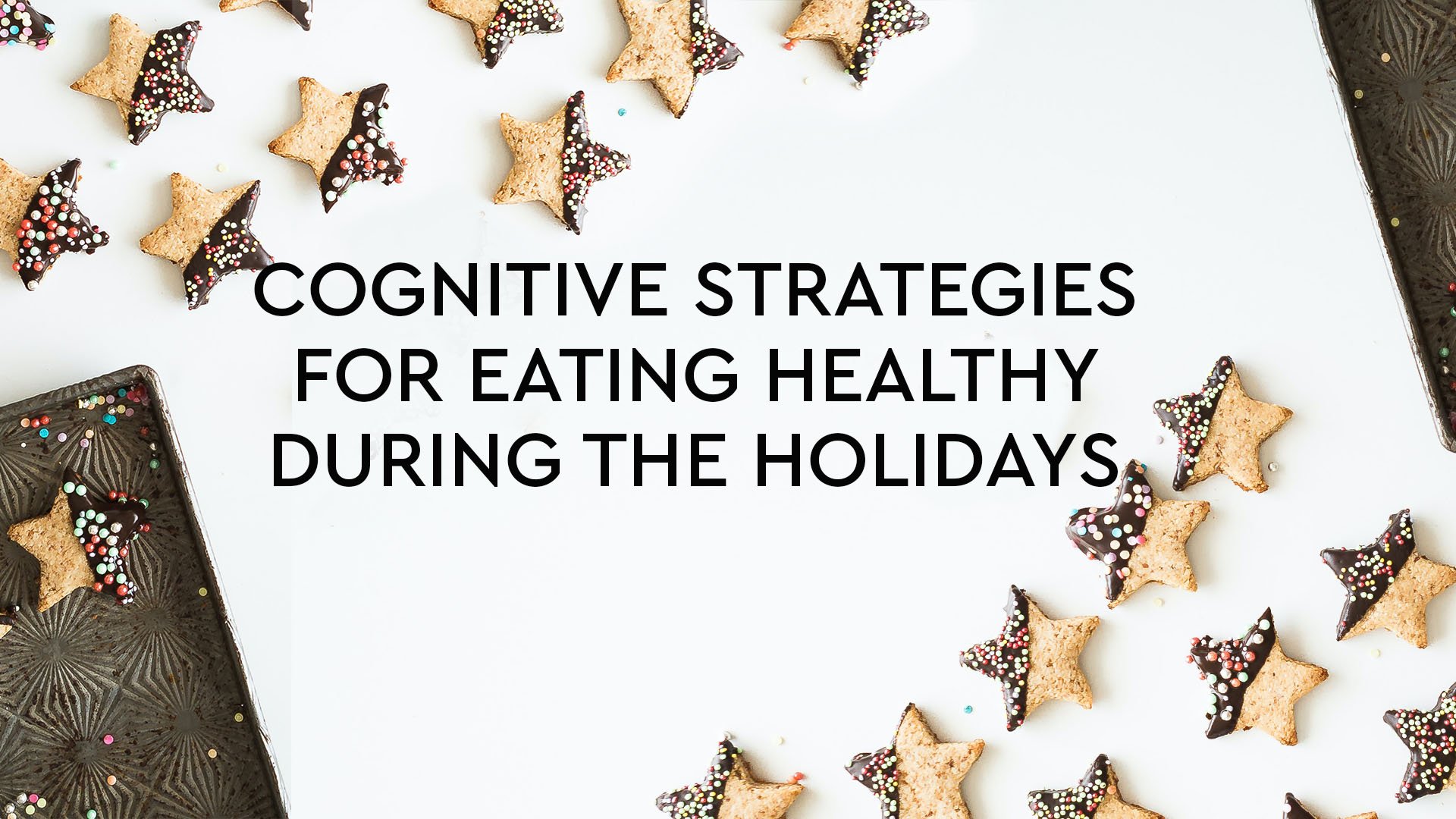09 Apr 5 HappyNeuron Pro Exercises That Work On Memory
Posted at 08:00h
in Article, Digital Tools, HappyNeuron Pro, Product Features, Therapy Tips, Tutorial
HappyNeuron Pro offers many digital cognitive therapy exercises for memory. Here are some of HappyNeuron Pro’s favorites for practicing memory skills.
I Remember You! - Prosopagnosia is the inability to recognize faces. While pure prosopagnosia is rare, people living with Alzheimer’s disease or who have had a stroke may have difficulty remembering the faces and names of loved ones. It is a hard thing to experience and leaves many families broken-hearted. This exercise offers clients an opportunity to practice memorizing the names and faces of various individuals. Therapists can make the faces appear as similar or dissimilar in the exercise as they would like.
01 Mar [Video] The Surprisingly Dramatic Role of Nutrition in Mental Health
Posted at 16:35h
in Areas of Cognition, Cognitive Therapy, Food, Medical Conditions, Psychology, Ted Talk, Video
Nutrition is one of the most underlooked factors contributing to mental health well-being. Researchers are beginning to understand the role of the mind-gut connection, and how the food we eat affects our behavior. Nutrition interventions offer promise for successful remediation of psychological disorders.











